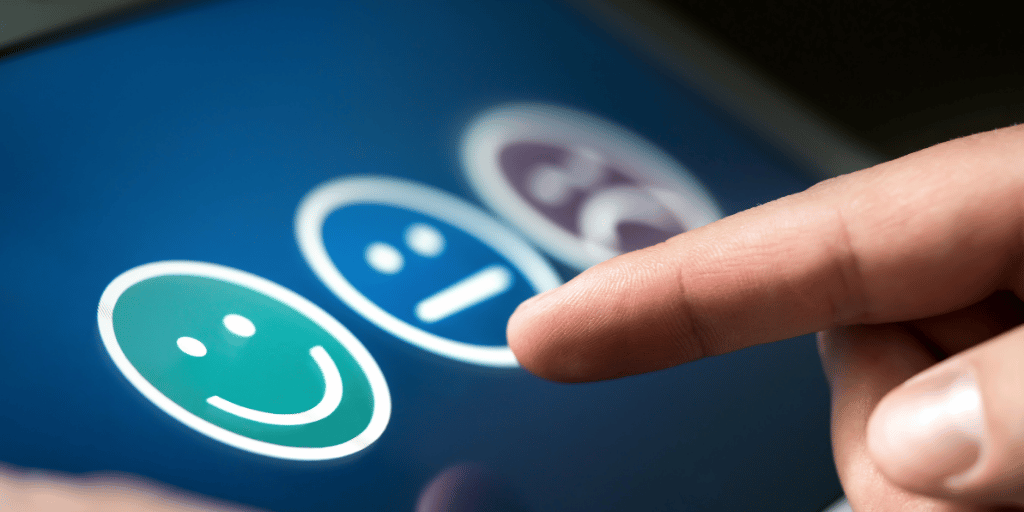Customer support representatives and their managers are facing a new set of challenges as a result of the move to remote work. Without casual office interaction with teammates, it becomes more difficult to capture knowledge and share it across the team. These challenges were known to some teams before the pandemic, but their impact on stifling the quality and speed of customer service has been amplified.
But it’s not all bad news for customer support teams. With simple, real-time learning processes and tools, they can overcome their knowledge challenges. Not only that, but if harnessed effectively, the team’s wisdom can impact business performance by improving customer satisfaction and other key metrics. Let’s take a closer look at the main challenges that support teams face, and how they can overcome them by integrating real-time learning into day-to-day workflow.
What Is Holding Back Support Teams?
1. Inability to easily capture knowledge in real-time
Most support teams use a knowledge base where they can drop useful information for others to access. That’s great, in theory. Knowledge bases are only as effective as the ease with which support representatives can store (and retrieve) the information in them. In many cases, they have limited usability and demand significant upkeep. In other words, they’re not ideal places for support representatives to quickly jot down a takeaway that might be relevant later. If a support representative learns a useful tip in the middle of a customer interaction, while escalation is needed and with many moving parts, that tip might fall to the wayside.
2. No simple way to share learning across teams and shifts
Customer needs change fast, and support teams must stay one step ahead because no customer likes to explain the issue they are experiencing more than once. In addition to a place where support representatives can easily record their learning, it is equally important that they have a simple way to share that information with their teammates in a timely manner. This is especially true for teammates on different shifts, at different support tiers, and—today in particular—in different locations.
3. Disconnected managers unsure where to focus
Just as some support representatives may never see their teammates, they might rarely see their managers if the two work different shifts. As a result, managers lack a clear picture of what is happening with their employees. They can review support calls and chats to evaluate performance. But without full visibility into their employees’ operations it can be hard for managers to identify where the team needs help, what learning and development efforts to focus on, and what practical advice will improve the team’s performance, and the customer’s experience.

How Teams Can Harness Knowledge to Get Better Every Day
An immense amount of knowledge comes and goes throughout the flow of support teams’ work. Harnessing it holds enormous potential. As a first step, and before they can share useful learning with others—which is the key to developing team wisdom that improves performance—support representatives should change how they capture useful information, so valuable lessons don’t go to waste. A short debrief of what went well and what didn’t work after a critical or challenging customer interaction, for example, can surface practical lessons that will serve that representative and their teammates in future interactions.
Collaborative real-time learning platforms create a defined space for employees to capture learning and retrieve relevant lessons at the moment of need. Takeaways are tagged contextually by topic, customer, or support tier, so they can be retrieved and shared across the team quickly. Individual support representatives’ lessons are leveraged so that everyone on the team can reuse successful knowledge nuggets and avoid the traps that others have identified (even if their teammates work an entirely different shift and the two have never met!).
Learning norms established through knowledge capture, retrieval, and sharing empower employees and managers alike. Employees now have a system that allows them to learn independently without stepping out of the flow of work. They know their work best and are therefore well-positioned to surface challenging situations that require a manager’s intervention.
Managers, in turn, get a clearer picture of their employees’ challenges so they can offer more informed advice. One-on-one time between employee and manager becomes more effective in solving problems and improving results. And targeted discussions around specific learning that has been previously documented makes for a more healthy and productive working relationship, between employee and manager, and throughout the team as a whole.
Put Your Knowledge to Work—for Your Customers
Customer support teams that harness knowledge effectively for the purposes of learning and improvement will develop better support processes and ultimately—have happier customers. Because they take time to debrief after important customer interactions and share that learning across the team, similar issues will likely be resolved quicker the next time around.
To learn how implementing a real-time collaborative learning platform can create learning norms in your customer support team, contact Shamaym.
